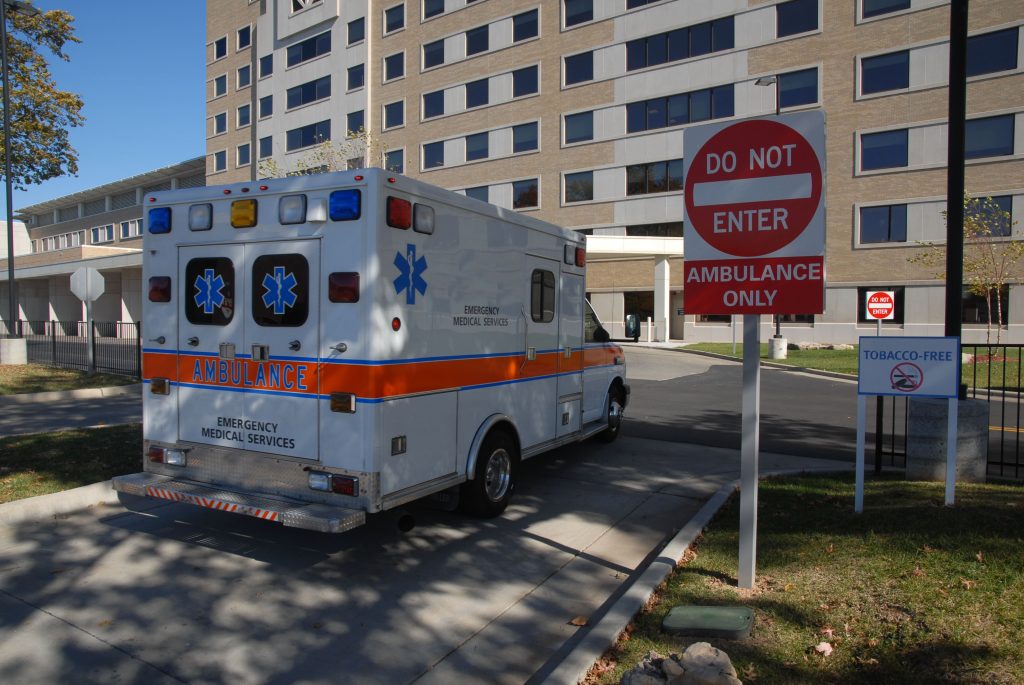 If you are injured in an accident, it is important to be prepared before you testify at your deposition. Otherwise, you may find yourself making statements that opposing counsel can use against you. This is the painful lesson Dwan Jones learned in 2015, when a Louisiana Court of Appeals affirmed a trial court’s dismissal of her case before it even went to trial. Dwan was injured in an automobile accident while riding in the passenger seat of an ambulance that was transporting a patient to the hospital. Based on Jones’ own testimony during a deposition, the Court of Appeals affirmed that Jones had made statements that negated the presence of any genuine dispute of material fact. Had Jones’ answered the questions differently her case may have at least gone to trial, which would have allowed a jury to determine whether her injuries were caused by the ambulance driver’s actions.
If you are injured in an accident, it is important to be prepared before you testify at your deposition. Otherwise, you may find yourself making statements that opposing counsel can use against you. This is the painful lesson Dwan Jones learned in 2015, when a Louisiana Court of Appeals affirmed a trial court’s dismissal of her case before it even went to trial. Dwan was injured in an automobile accident while riding in the passenger seat of an ambulance that was transporting a patient to the hospital. Based on Jones’ own testimony during a deposition, the Court of Appeals affirmed that Jones had made statements that negated the presence of any genuine dispute of material fact. Had Jones’ answered the questions differently her case may have at least gone to trial, which would have allowed a jury to determine whether her injuries were caused by the ambulance driver’s actions.
The ambulance Jones was riding in was struck at an intersection by a taxi cab. Louisiana Emergency Vehicle Statute La. R.S. 32:24 provides certain privileges for drivers of authorized emergency vehicles, such as ambulances when responding to emergency calls. These privileges include allowing the driver to “[p]roceed past a red [light]” after “slowing down or stopping as may be necessary for safe operation.” But the privileges only apply when the “vehicle is making use of audible or visual signals sufficient to warn motorists of their approach.” See La. R.S. 32:24. In this case, the light was red against the ambulance, but not the taxi, so the ambulance driver’s liability, and that of his employer, turned on whether or not the ambulance driver safely proceeded through the intersection.
As long as the ambulance driver complies with the statute, the driver can only be found culpable for an accident if he additionally exhibited some type of “reckless disregard” for safety. Jones argued that the trial court should not have applied this standard because the driver was not in compliance with the statute to begin with. Alternatively, Jones argued that even if the driver had been in compliance with the statute, the statute still should not apply because the emergency situation had ended, meaning that the driver should not have gone through the intersection against the red light. Lastly, Jones argued that because the reckless disregard standard did not apply, the default “ordinary negligence” applied and, under that standard, the driver was culpable because he was inattentive at the time he entered the intersection.
 Louisiana Personal Injury Lawyer Blog
Louisiana Personal Injury Lawyer Blog


 Once a court rules on a motion or a jury verdict is delivered, the losing party faces an uphill battle in getting a reversal.
Once a court rules on a motion or a jury verdict is delivered, the losing party faces an uphill battle in getting a reversal. We live in an age in which modern medicine can do wonders for people suffering from various illnesses and conditions. These drugs are designed to provide patients with the ability to live healthy and fulfilling lives. However, there are always side effects to consider when taking any drug. Each patient should discuss these possibilities with their doctor and make an educated decision whether to take the drugs or not. Even after this “due diligence” there can still be unintended consequences from certain drugs. Through no fault of their own, after having weighed the decision and exploring all of their options, patients may find themselves in much worse condition than what they were in before taking the drug. In cases such as these, a good products liability attorney is essential to securing the relief you’re entitled to.
We live in an age in which modern medicine can do wonders for people suffering from various illnesses and conditions. These drugs are designed to provide patients with the ability to live healthy and fulfilling lives. However, there are always side effects to consider when taking any drug. Each patient should discuss these possibilities with their doctor and make an educated decision whether to take the drugs or not. Even after this “due diligence” there can still be unintended consequences from certain drugs. Through no fault of their own, after having weighed the decision and exploring all of their options, patients may find themselves in much worse condition than what they were in before taking the drug. In cases such as these, a good products liability attorney is essential to securing the relief you’re entitled to. In workers’ compensation cases, the employee has the burden of proving that an on-the-job accident occurred. He or she must do so by a preponderance of evidence. Generally, an employee can do this by presenting witness testimony and documentary evidence. But what happens when there is no witness to the alleged accident? A recent case from the Louisiana Third Circuit Court of Appeal discusses how an employee can establish his or her workers’ compensation claim when there is no witness to the alleged on-the-job injury.
In workers’ compensation cases, the employee has the burden of proving that an on-the-job accident occurred. He or she must do so by a preponderance of evidence. Generally, an employee can do this by presenting witness testimony and documentary evidence. But what happens when there is no witness to the alleged accident? A recent case from the Louisiana Third Circuit Court of Appeal discusses how an employee can establish his or her workers’ compensation claim when there is no witness to the alleged on-the-job injury.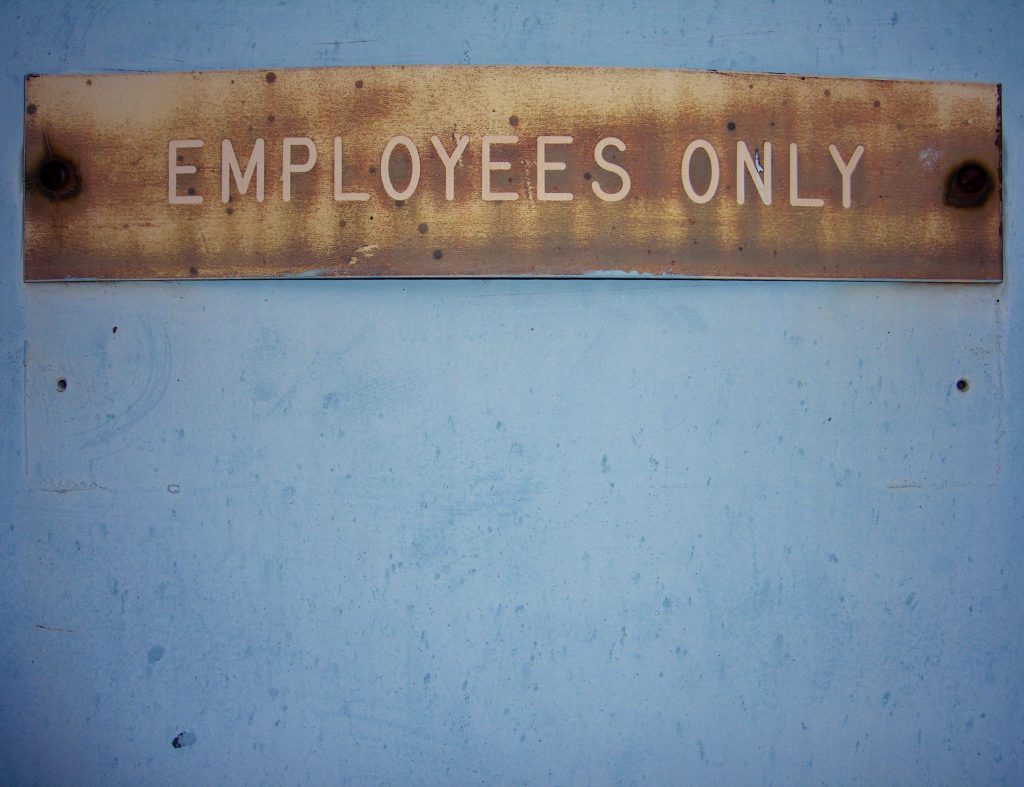 If you have been injured in an automobile accident, you deserve to be properly compensated for your injuries. Sometimes, unfortunately, the person who caused the injury may not be able to adequately compensate you. This does not mean you are out of luck. If the person responsible for your injury caused it while working as an employee, the employer may be liable as well. That is why is its extremely important to hire a good lawyer who will apprise you of all avenues of recovery under the law. In a recent case, the Louisiana Second Circuit Court of Appeal discusses an employer’s liability for an employee’s accident.
If you have been injured in an automobile accident, you deserve to be properly compensated for your injuries. Sometimes, unfortunately, the person who caused the injury may not be able to adequately compensate you. This does not mean you are out of luck. If the person responsible for your injury caused it while working as an employee, the employer may be liable as well. That is why is its extremely important to hire a good lawyer who will apprise you of all avenues of recovery under the law. In a recent case, the Louisiana Second Circuit Court of Appeal discusses an employer’s liability for an employee’s accident.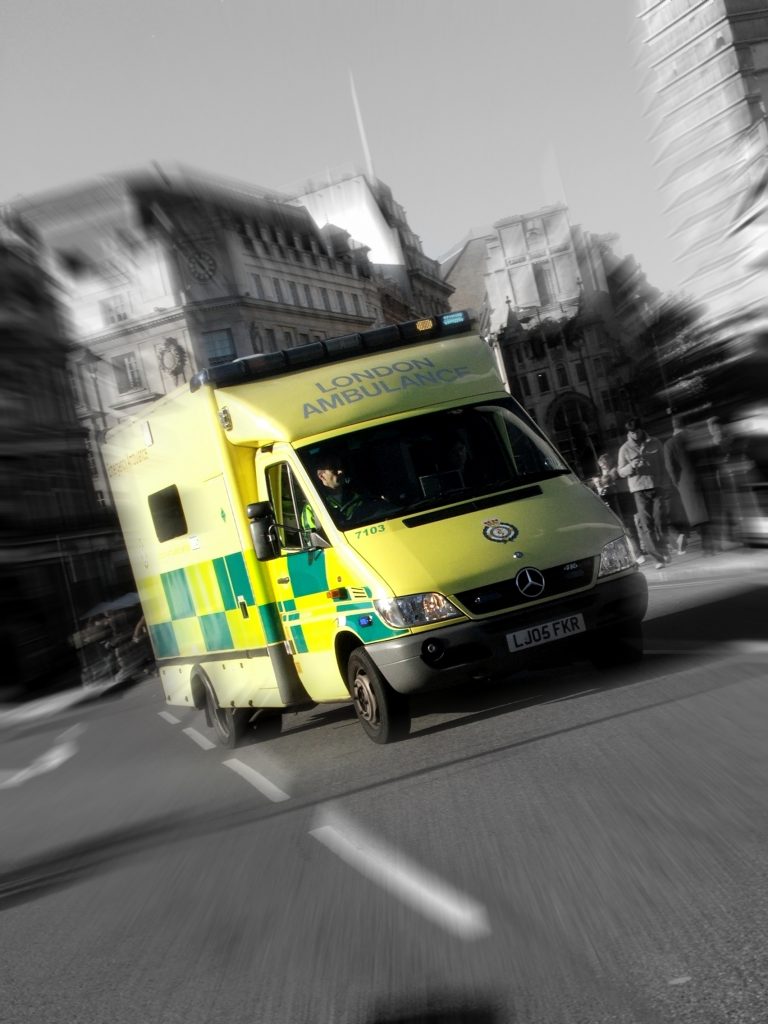 In Louisiana, the law presumes a driver negligent when he or she leaves a travel lane and strikes another vehicle. This presumption stems from the legal obligation all motorists have to maintain control of their vehicle. In personal injury cases, this presumption overrides the normal burden of proof which lies on the plaintiff. In order to defeat the presumption of negligence, the defendant must show that he or she was not guilty of any negligence, however slight. A recent case of the Louisiana First Circuit Court of Appeal considered the presumption of negligence in automobile accident cases.
In Louisiana, the law presumes a driver negligent when he or she leaves a travel lane and strikes another vehicle. This presumption stems from the legal obligation all motorists have to maintain control of their vehicle. In personal injury cases, this presumption overrides the normal burden of proof which lies on the plaintiff. In order to defeat the presumption of negligence, the defendant must show that he or she was not guilty of any negligence, however slight. A recent case of the Louisiana First Circuit Court of Appeal considered the presumption of negligence in automobile accident cases.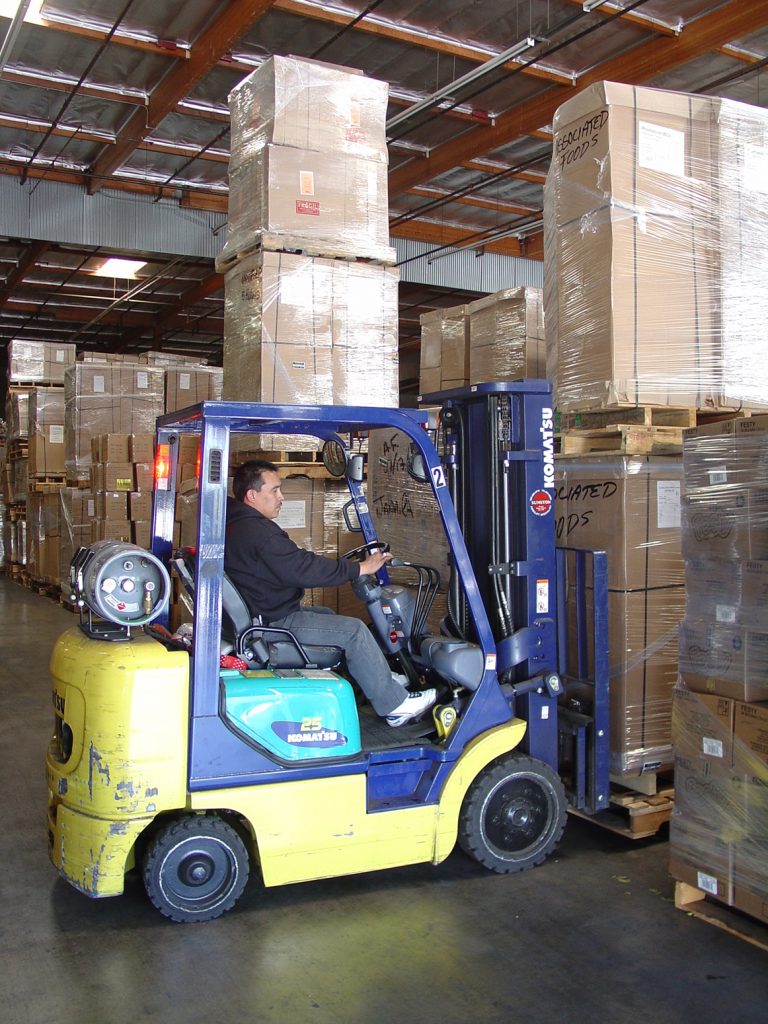 If your employer is knowingly putting you in harm’s way and you suffer an injury, you may have an intentional tort claim against your employer. In Louisiana, remedies against an employer for on-the-job injuries are limited to cases of intentional acts, rather than negligence. In a recent case the Louisiana First Circuit Court of Appeal discussed what is required to succeed on a tort claim against an employer.
If your employer is knowingly putting you in harm’s way and you suffer an injury, you may have an intentional tort claim against your employer. In Louisiana, remedies against an employer for on-the-job injuries are limited to cases of intentional acts, rather than negligence. In a recent case the Louisiana First Circuit Court of Appeal discussed what is required to succeed on a tort claim against an employer.
 In certain kinds of car accidents there is a rebuttable presumption of negligence afforded to a party involved. In a collision that happened in Lafayette Parish, The Louisiana Third Circuit Court of Appeals decided that the presumption of negligence remained intact and the other involved parties could not be assigned fault.
In certain kinds of car accidents there is a rebuttable presumption of negligence afforded to a party involved. In a collision that happened in Lafayette Parish, The Louisiana Third Circuit Court of Appeals decided that the presumption of negligence remained intact and the other involved parties could not be assigned fault.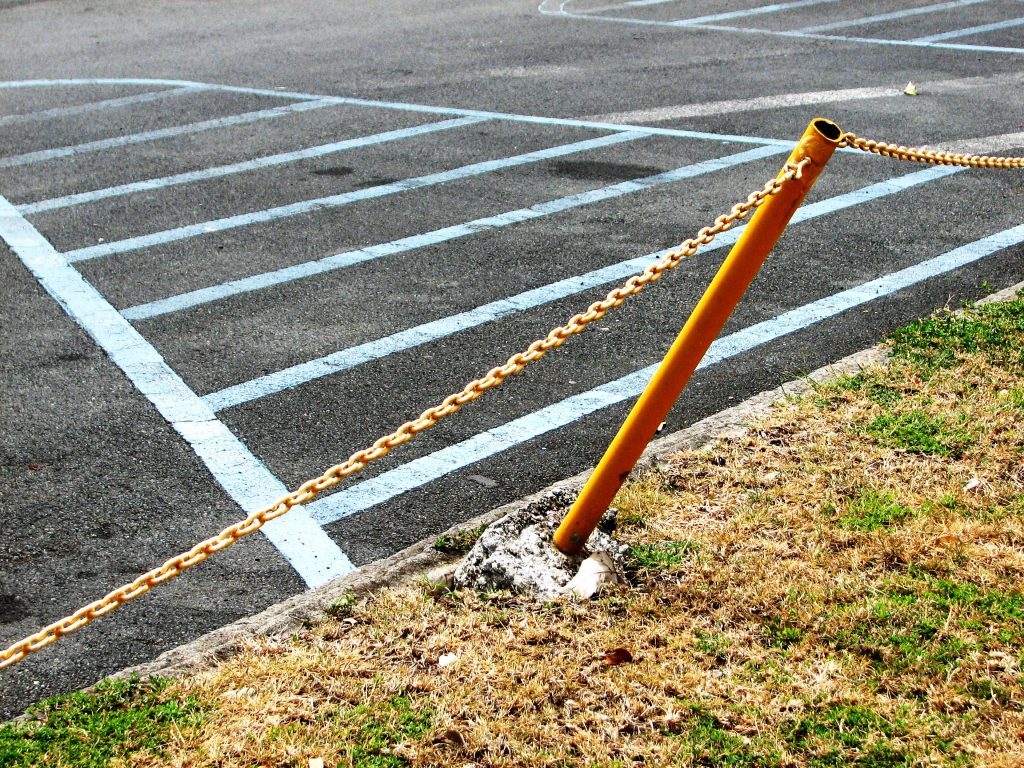 Not all slip and fall cases are successful as the burden of proof on the victim can be high in Louisiana. In a recent opinion out of the Louisiana Fifth Circuit Court of Appeals the trial court’s decision to award $20,000 to Carolyn Bennette, who slipped and fell at the Brother’s convenience store and gas station in Avondale, Louisiana was reversed. As discussed below, the appellate court stated that the defendants were correct in arguing that the trial court held the defendants to an improper burden of proof. In order to prove a slip and fall claim, a victim (here, the Plaintiff Ms. Bennette) has the burden to produce direct evidence supporting her claim, and the Appellate Court found that Ms. Bennette failed to prove three aspects of the claim.
Not all slip and fall cases are successful as the burden of proof on the victim can be high in Louisiana. In a recent opinion out of the Louisiana Fifth Circuit Court of Appeals the trial court’s decision to award $20,000 to Carolyn Bennette, who slipped and fell at the Brother’s convenience store and gas station in Avondale, Louisiana was reversed. As discussed below, the appellate court stated that the defendants were correct in arguing that the trial court held the defendants to an improper burden of proof. In order to prove a slip and fall claim, a victim (here, the Plaintiff Ms. Bennette) has the burden to produce direct evidence supporting her claim, and the Appellate Court found that Ms. Bennette failed to prove three aspects of the claim.